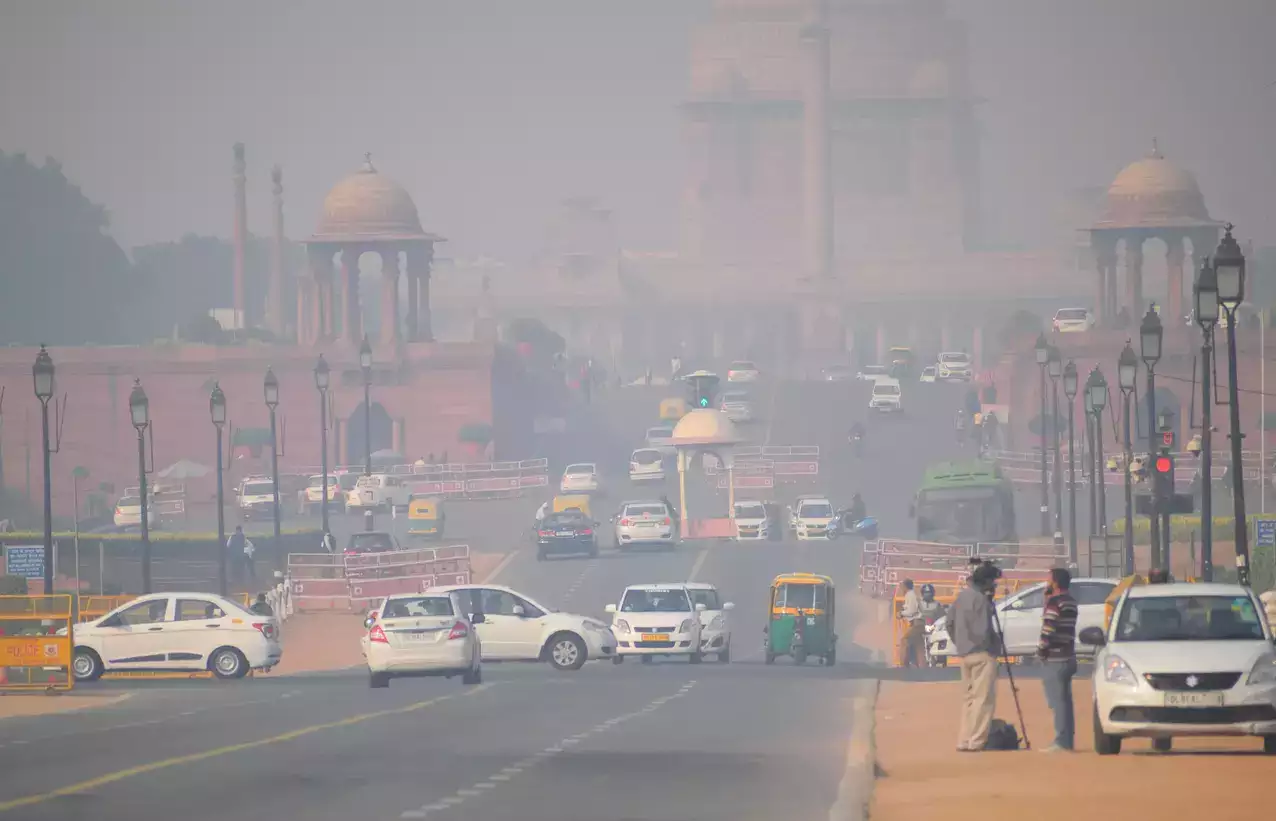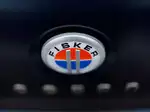IAC urges for Auto LPG adoption amid Delhi-NCR's pollution crisis

Worsening air quality
The air quality in Delhi NCR has already reached alarming levels with the onset of winter, prompting the Commission for Air Quality Management (CAQM) to implement the Graded Response Action Plan (GRAP-II). This plan encourages the use of public transport over private vehicles, accompanied by increased parking fees to further discourage private vehicle use. Additional recommendations include using less congested routes, regular air filter replacements for vehicles, and a restriction on construction activities that generate dust between October and January. Open burning of waste is also discouraged to mitigate the pollution crisis.
IAC's take on Auto LPG
The IAC is advocating for the retrofitting of vehicles to run on Auto LPG, citing it as a sustainable and immediate solution to reduce emissions and improve air quality. This conversion not only reduces harmful pollutants such as particulate matter, nitrogen oxides, and carbon dioxide but also enhances fuel efficiency and lowers operational costs. The IAC highlights the global prevalence of Auto LPG, powering over 27 million vehicles worldwide, including 4.2 million in India. They emphasise its cost-effectiveness due to minimal infrastructure investment required, positioning it as a readily available solution to address vehicular pollution while supporting the transition to electric vehicles.
An initiative by IAC
To facilitate the adoption of Auto LPG, the IAC has appealed to key stakeholders including the Prime Minister, vehicle manufacturers, and relevant government ministries.
“With 33 crore vehicles contributing to pollution in India, and nearly 40% of urban pollution coming from vehicles, transitioning to Auto LPG offers an effective, affordable solution that can be immediately implemented. This technology has been proven worldwide and can be rapidly deployed to tackle our pollution crisis,” states Suyash Gupta, Director General of the Indian Auto LPG Coalition.
Their requests include policy support to lower GST rates for Auto LPG, ensure a level playing field in the market, and incorporate Auto LPG into clean mobility strategies.

